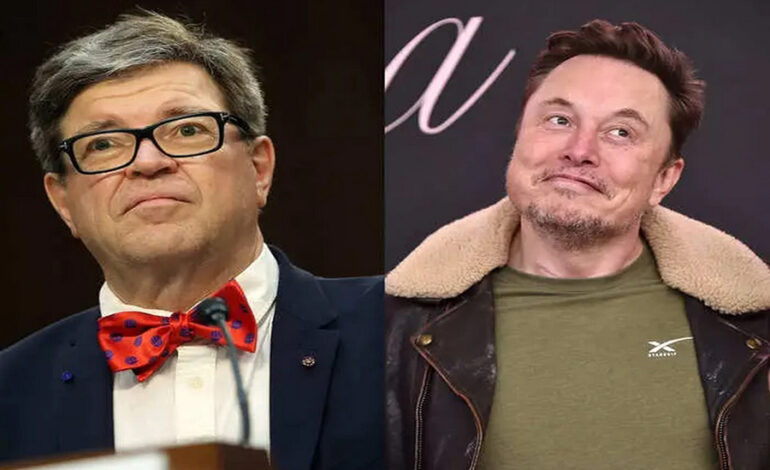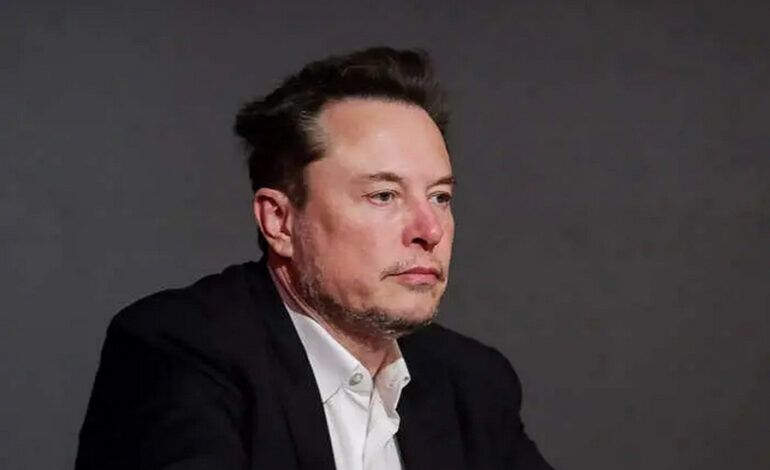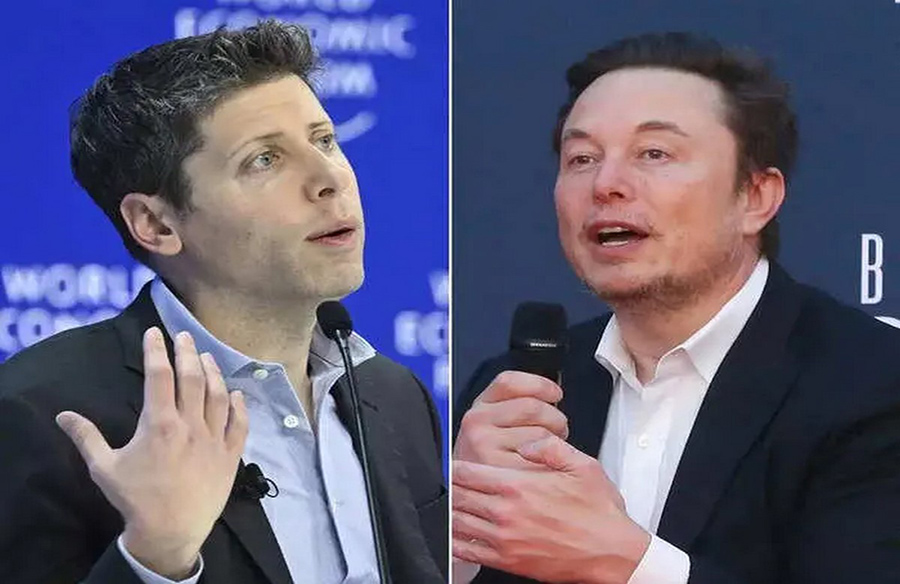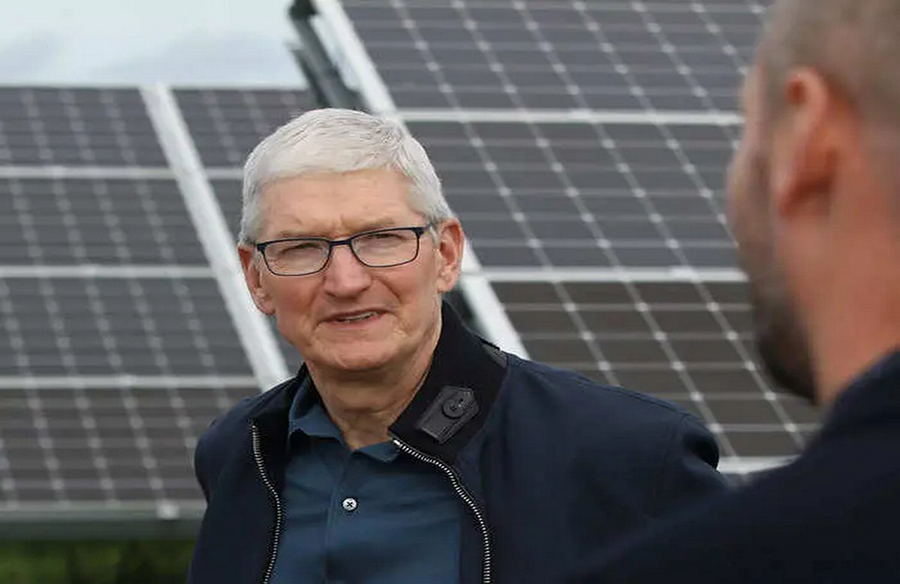Debating AI Intelligence: Musk vs. Meta’s AI Chief

Elon Musk’s bold claims about AI’s potential to surpass human intelligence face skepticism from Yann LeCun, Meta’s AI lead, who believes otherwise. Let’s explore their contrasting views on AI advancement.
Musk’s Projections and LeCun’s Rebuttal
Musk predicts that AI could outsmart humanity by 2029, even suggesting that AI could surpass the collective intelligence of all humans combined. However, LeCun disagrees, pointing out the challenges faced in developing fully autonomous AI systems, such as Tesla’s self-driving cars.
The Cat Analogy: A Clever Comparison
LeCun draws an interesting analogy, comparing AI’s current capabilities to that of a common housecat’s brain. Despite AI’s computational power, LeCun notes that it still falls short in terms of memory, understanding the physical world, planning complex actions, and reasoning, all of which cats excel at.
Missing Ingredients in AI Development
According to LeCun, there’s a conceptual gap preventing AI from reaching human-level intelligence. He emphasizes the need for a fundamental breakthrough in machine learning and language models to bridge this gap.
Musk’s Concerns and AI’s Potential Risks
Musk, a staunch advocate of AI development, also acknowledges its potential risks. He warns of the dangers associated with super-intelligent AI that could potentially pose a threat to humanity’s existence or growth.
Practical Realities vs. Futuristic Speculation
While Musk has been actively integrating AI into Tesla’s self-driving technology, the reality of achieving fully autonomous vehicles has faced delays. This practical setback contrasts with Musk’s ambitious projections in previous years.
OpenAI Criticism and Diverging Perspectives
LeCun’s criticism of OpenAI, a company cofounded by Musk, reflects the diverging perspectives within the AI community regarding the pace and capabilities of AI development.
In conclusion, the debate between Musk and LeCun highlights the complexities and uncertainties surrounding AI’s evolution and its potential implications for humanity.




